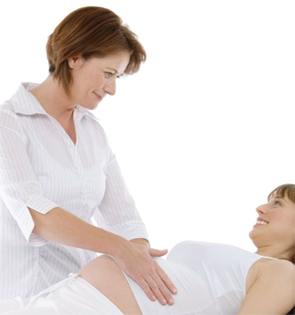Whatever the mechanism, it’s difficult to avoid the observation that treatment with anticoagulation (e.g., with low molecular weight [LMW] heparin) often dramatically reverses the symptoms, including the migraine, the memory difficulties and the chorea. Such observations suggest that the brain pathology in many cases might not be so much infarction, but might relate more to “sludging” of the blood supply and impaired oxygenation.
Migraine & Stroke
“Did you suffer from headaches as a teenager?”
“Yes, doctor. They were almost weekly for a time. They went away for a few years, but they came back with a vengeance now. They run in my family.”
So speaks the 30-year-old female patient with APS (the male members of the family appear less often in APS clinics).
This is such an important diagnostic clue in the assessment of a patient with possible APS. Yet despite many years of experience of APS, there are surprisingly few data assessing the true role of APS in the wider world of migraine. There are so many reasons to study the association—the response to anticoagulation—usually good, often striking—the study of siblings and other family members of migraine/APS patients. And above all else, the links now being reported between migraine and stroke.
APS/Hughes syndrome is very much a neurological condition. Brain function does seem to be especially targeted—the more APS patients one sees, the wider & wider the neuro-psychiatric ripples spread.
Like migraine, stroke is one of the recognized complications of APS/Hughes syndrome. Figures as high as 1 in 5 young strokes (under 45) having positive aPL tests have been reported.14-19
However, as with migraine, recognition of aPL in the etiology of stroke is, in general, still poor. For example, childhood stroke—well recognized clinically—is a prime target for aPL studies.
Some years ago, the U.K. government launched a major stroke initiative, educating the public about the symptoms, signs and treatment of stroke. The antiphospholipid syndrome wasn’t on the list.
Seizures
In 1985, we observed that in lupus patients, seizures were more common in those patients with positive aPL tests.20 Since then, it has become clear that epilepsy, in all its forms, is an important accompaniment of APS. So much so, that in one study of idiopathic epilepsy in teenagers, 1 in 5 was found to be aPL positive.21

The initial midwife or obstetrician’s screening should include a simple questionnaire to rule out APS.
Image Credit: SPL/Science Source